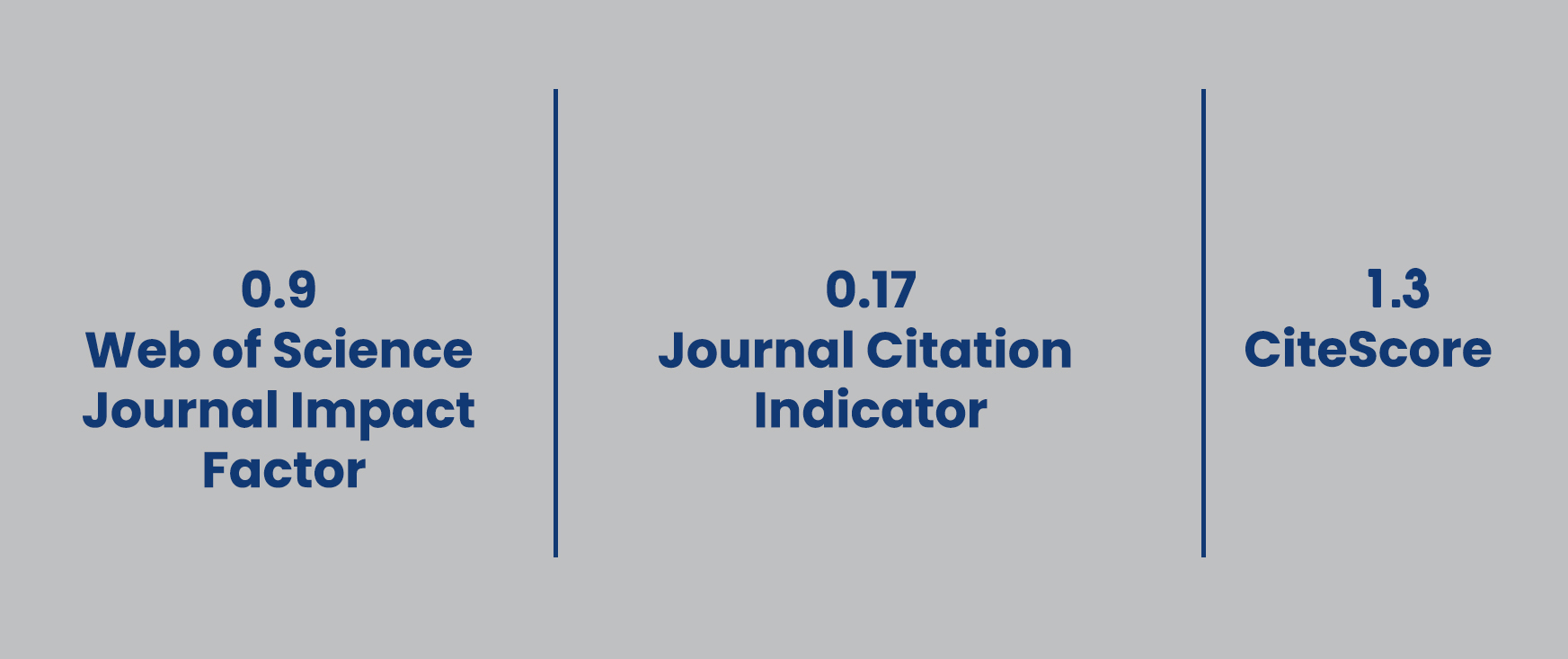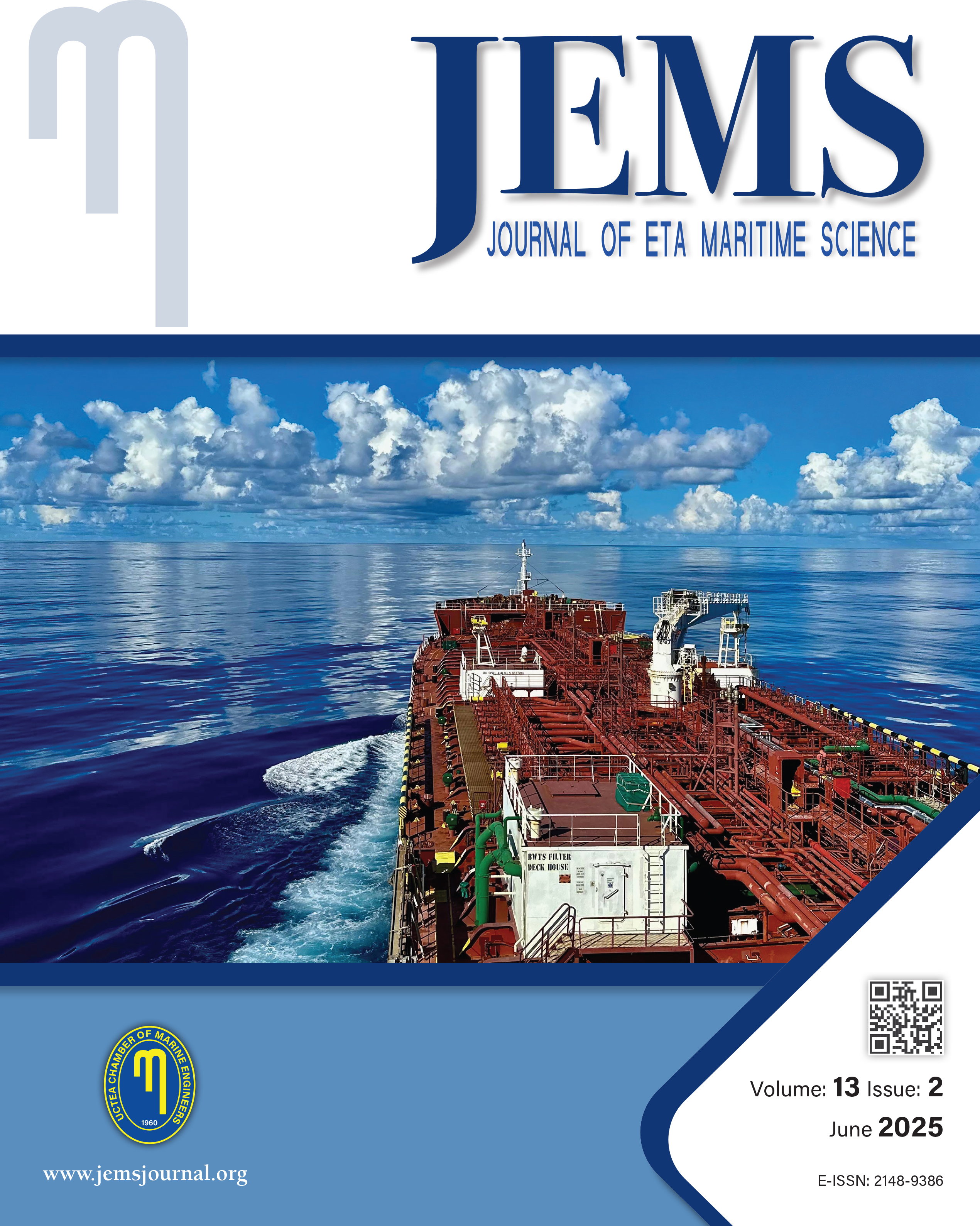

JEMS apply the Creative Commons Attribution NonCommercial 4.0 International Licence to all manuscripts to be published
A Fuzzy-Bayesian Approach on the Bankruptcy of Hanjin Shipping
Muhammet Aydın1, Bünyamin Kamal21Recep Tayyip Erdoğan University, Department of Marine Engineering, Rize, Turkey2Recep Tayyip Erdoğan University, Department of Maritime Transportation and Management Engineering, Rize, Turkey
The vital role of container liner shipping in international trade suggests that understanding why container liner firms go bankrupt is crucial to the sustainability of the maritime supply chain to improve resilience. Considering the insolvency of Hanjin Shipping as a case study, this paper investigates the probabilistic relationships among the bankruptcy causal factors that are disclosed qualitatively and quantitatively, exploiting a fuzzy Bayes network approach. A sensitivity analysis is conducted to increase the accuracy of the findings. Outcomes of the paper reveal that an integrated approach comprising of both endogenous and exogenous causal factors is a more powerful approach to explain the demise of Hanjin Shipping. Compared to exogenous factors, endogenous factors account more for the collapse of the firm. Furthermore, it is found that government support would have been a more influential measure to mitigate the negative effects of the demise compared to the merging and acquisition practice. Competitor liner operators, policymakers, and stakeholders in the maritime supply chain ecosystem can utilize the outcomes of this research to mitigate the bankruptcy risk and improve the maritime supply chain resilience capacity.
Keywords: Bankruptcy, Causal factors, Liner industry, Hanjin Shipping, Fuzzy Bayes networkManuscript Language: English
(619 downloaded)










